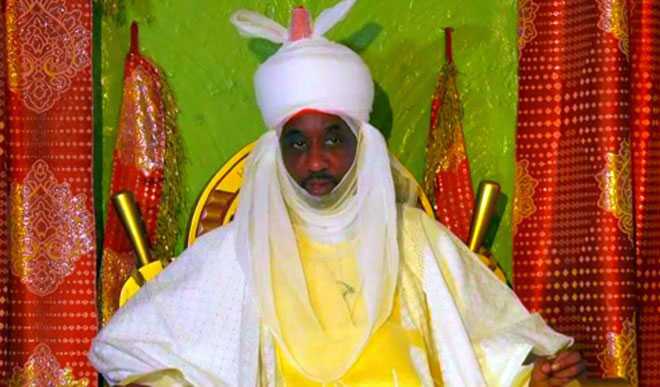Kano emirate to introduce family law to deal with forced marriages, polygamy

The Emir of Kano, Alhaji Muhammadu Sanusi II, has disclosed that a family law will soon be introduced in Kano state with a view to addressing issues of forced marriages, and to spell out conditions to be met before a man could marry more than one wife.
The royal father, while speaking on Sunday at the 50th anniversary of the demise of Isa Wali, a former Nigerian ambassador to Ghana, observed with concern the economic consequences of polygamy and having many children in the society.
The law according to the emir ranges from ‘’consent to marriage, to maintenance to divorce, to maintenance of children to inheritance.
“We have all seen the economic consequence of men who are not capable of maintaining one wife marrying four, producing 20 children, not educating them, leaving them on the streets end up as thugs and terrorists.”
“The law will set up what Islam says about the minimum age of marriage, it will outlaw forced marriages, it will make domestic violence illegal, it will put in the conditions that you must fulfil before you can marry a second wife, it will introduce protection for divorced women, it sets out the responsibilities of a father beyond producing the child and the role of the court in taking care of children.
The Emir said the law will address some of the concerns raised by Wali in his writings.
“He was very controversial in his writings for a conservative northern Muslim society, he was the son of an Islamic scholar, the Wali who doubled as Waziri and write against the institution of the concubine, he wrote against polygamy, he wrote for the equality of men and women in Islam, he supported the education of women,” he said.
“Even if there was no consensus for some of his views, if you take the issue of concubine, the matter was not settled in theory but it has been settled in practise because nobody has concubines anymore.
“Now polygamy is a different matter but at least he drew attention to a lot of the injustices in the manner of culture that was practised” Emir added.









